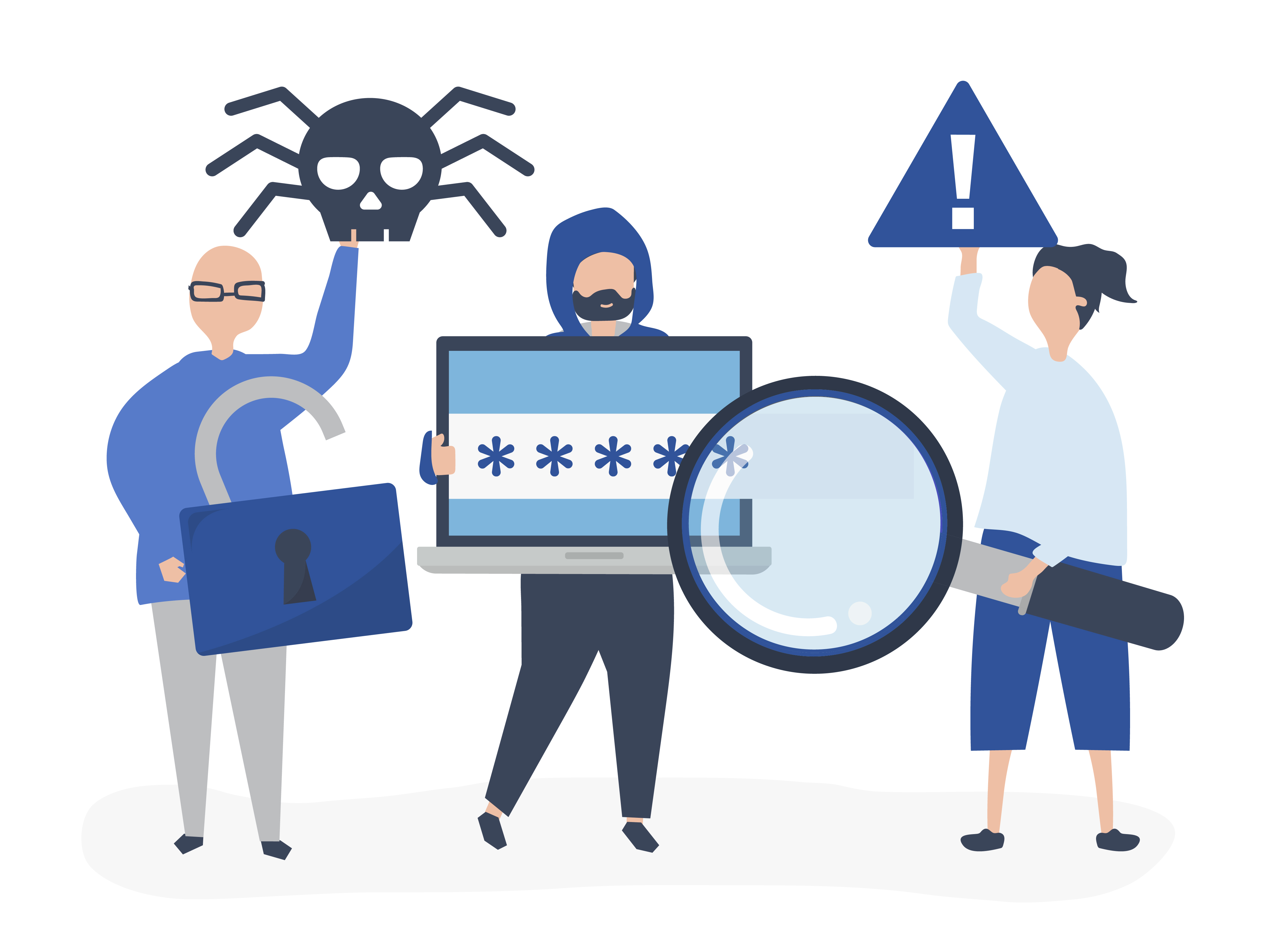5 myths about privacy that most people believe
 Myth 1. Only criminals need to worry about privacy on the Internet*
Myth 1. Only criminals need to worry about privacy on the Internet*
A common misconception is that people involved in suspicious and criminal activity online are the only ones who should be concerned about privacy. Privacy is a global problem. Just because you have nothing to hide doesn't mean privacy breaches can't hurt you.
Many companies today use users' personal data in ways that are not to everyone's liking. Yes, websites and apps track your digital behavior, including collecting data about your location, habits, and preferences, and then use that data to generate revenue by sending you targeted advertising or selling your data to third parties. Such tracking of data is considered by many as an annoying interference in personal life, especially if you did not consent to such operations.
Myth 2. Deleting cookies increases your privacy
Cookies are small data files stored by your local web browser that contain a lot of information about your online behavior, including your favorite websites, search history, and login information. It may seem that deleting cookies increases your privacy, as it makes it difficult for companies to track your actions. Unfortunately, this is not always the case.
Cookies can be deleted, but they will most likely be restored unless you change certain browser settings and clear your cache and history. Disabling cookies and resetting browser settings, however, does not protect your device from fingerprinting.
Companies and Internet providers will be able to obtain information about the type of browser, operating system, time zone, screen resolution and connected modules even without the use of cookies. The sum of these unique data forms the so-called "print" (fingerprint) of your device, by which you can be identified.
Myth 3. By closing applications, you protect your privacy
Most applications notify users that their data is collected during use. However, you may not know that certain privacy settings allow these apps to access your data even when you're not using it. In other words, closing an app on your device does not guarantee your privacy.
Yes, many applications are automatically configured to constantly track your location, including when they are closed. Although the most common location-tracking apps use GPS, there are many other apps that require access to information about your location, including weather and news apps, ridesharing apps, and restaurant, ticket, and hotel reservations. If you do not explicitly disable these settings, you will be providing sensitive personal information to companies and advertisers without even knowing it.
A 2018 New York Times report states that at least 75 companies receive "precise location data from apps whose users have turned on location services to read local news, weather and other information." The same report said that more than 25 companies admitted that they sell location data to commercial companies that need it for targeted advertising.
Myth 4. Using privacy mode or incognito mode provides maximum privacy
In most popular web browsers, users are given the opportunity to open new tabs or windows in privacy mode or incognito mode, which provides a certain level of anonymity when working on the Internet. However, these modes do not guarantee complete confidentiality.
Privacy mode or incognito mode is ideal for, say, checking e-mail on a public computer or buying a gift for a relative, since the browsing history and cache are hidden from other computer users. You not only start each session in the browser "from a clean slate" - cookies and personal information are not saved.
However, this does not mean that websites and Internet providers will not be able to identify you. The websites you visit may not have access to incognito cookies, but the hosts hosting these websites may receive information about your device by fingerprinting, identifying your IP address, and sending tracking data to servers.
Conducted in 2018, a study by the University of Chicago showed that many overestimate the degree of protection provided by the privacy regime. Yes, 56.3% of participants believed that if you log into Google in privacy mode, the search history will not be saved. However, this is not the case: when you use privacy mode, your browsing history is not saved in your local web browser, but your searches are still available to Google.
Myth 5. It is practically impossible to control your privacy on the Internet
Don't give up so easily in the fight for your privacy! The new concept of privacy must take into account your personal needs. You should have the opportunity not only to choose the level of your "visibility" on the Internet, but also to adjust it as often as you want.
The Internet is beautiful with its freedom — the freedom to receive information and express oneself on its own terms.
*From Lenovo Vantage blog

Date of publication: 24.05.2020
